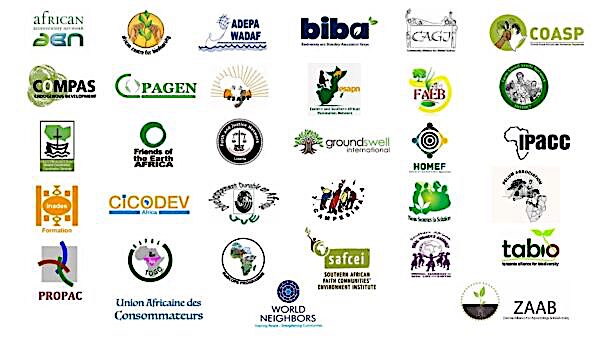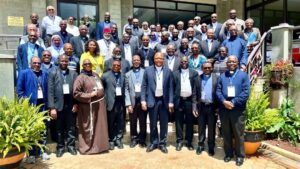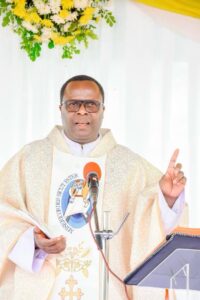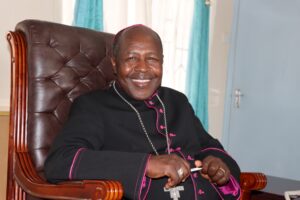SECAM: African Civil Society and Faith Leaders Raise Concerns Prior to EU-AU Summit

Sr. Jecinter Antoinette Okoth, FSSA
Prior to the forthcoming sixth Summit of the African Union (AU) and the European Union (EU) that was postponed from last year due to Covid-19 pandemic and is scheduled for this year, representatives of various Faith-Based Organizations (FBOs) and Civil Societies Organizations (CSOs) in Africa have raised concerns following diversion from the previous proposed agenda.
In a joint statement by members of a broad alliance of CSOs and FBOs published on Thursday, February 18, the organizations lament that the 2020 EU Strategy with Africa has “failed to address agriculture and food systems,” but has rather concentrated on “creating a conducive environment for large scale private sector’s business interests.”
According to the leaders, even though the aim of creating a conducive environment is to “build a more prosperous, peaceful and sustainable future for all,” the EU Strategy with Africa is “largely silent on the needs of the more than 60% of African households who depend upon family farming and small-scale food production for livelihood.”
The organizations include among others the Symposium of Episcopal Conferences in Africa and Madagascar (SECAM), Association of Member Episcopal Conferences in Eastern Africa (AMECEA), the Mill Hill Missionaries, Caritas Africa and the Catholic Justice and Peace Commission (CJPC) an executive arm of the Kenya Conference of Catholic Bishops (KCCB) for justice and peace issues.
Representatives have noted further that “policy spaces are crowded by external actors,” while “smallholder farmers, pastoralists, artisanal fisherfolk and forest communities dominate the demographics of rural Africa.”
According to the CSOs and FBOs leadership, agriculture is the pillar of economy and provides a livelihood and living space for the majority of the African people. Besides, agriculture plays an important role in community cohesion and culture and the “way that agriculture is considered through policy, funding and implementation has a profound impact on the economy, food systems, nutrition, social justice and the environment.”
In this regard, the CSOs and FBOs have asked the European and African policymakers to ensure there is “space for civil society actors both inside and outside decision-making spaces.”
They expounded that “Civil society actors are struggling to take their rightful seat at the table, while others may opt to remain ‘outside’ yet “both must be able to freely and safely make their voices heard, and to influence decisions.”
Additionally, the EU-Au strategy need to “recognize, value and support the huge potential of agroecology to sustainably increase food security and food sovereignty, reducing poverty and hunger while conserving biodiversity and respecting indigenous knowledge and innovation.” the statement reads in part.
According to the statement, the African declaration has been supported by the International Cooperation for Development and Solidarity (CIDSE), Act Alliance EU, and the African Europe Faith and Justice Network (AEFJN).
The leaders also proposed that the strategy needs to protect and promote women’s rights to land.
They noted that even though women are recognized as the main contributors of labour in small scale farming systems, they (women) “represent a tiny fraction of agricultural land holders across Africa,” hence “women must be guaranteed a strong voice on land governance and large-scale land acquisitions.”
Besides, the EU, AU and civil society should work together “to ensure the land remains in the hands of its legitimate users, and its management respects nature and reflects the needs and aspirations of the communities who live off the land.”


